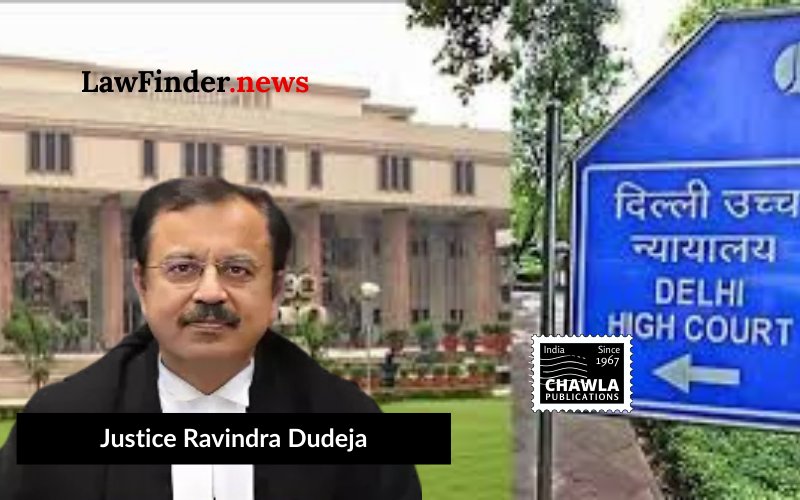Ajmer Singh, convicted of serious crimes, receives a 4-week parole on humanitarian grounds, upholding his right to dignity under Article 21.
In a significant ruling underscoring the humane application of justice, the Delhi High Court has granted parole to Ajmer Singh, alias Pinka, to perform the last rites of his deceased father. Ajmer Singh, who is currently serving a 14-year sentence for grave offenses including rape, was awarded a 4-week parole despite the severity of his crimes, emphasizing the right to dignity enshrined under Article 21 of the Indian Constitution.
Justice Ravinder Dudeja, presiding over the case, considered the urgent and humanitarian grounds presented by the petitioner's counsel. Ajmer Singh, the eldest son, is obligated to conduct the final rites and customary rituals following his father's sudden demise on September 16, 2025. The court noted that denying such a request would violate his constitutional right to dignity, which includes performing essential religious and moral duties.
The court examined Rule 1212 of the Delhi Prison Rules, 2018, which restricts parole to a maximum of 8 weeks annually, with no single spell exceeding 4 weeks. Ajmer Singh's request for a 2-month parole was adjusted to comply with these rules, granting him the maximum permissible 4-week period. This decision was influenced by Ajmer Singh's satisfactory conduct in jail and the absence of previous parole or furlough requests.
While the Additional Standing Counsel for the State acknowledged the serious nature of Ajmer Singh's offenses, he conceded the necessity of parole for the specific purpose of performing the last rites. The court agreed, emphasizing that mechanical application of parole rules would undermine the very essence of justice and rehabilitation.
Ajmer Singh's release is subject to several conditions, including the furnishing of a personal bond, weekly reporting to the police, and restrictions on his movement and communication. Any breach of these conditions will lead to an immediate cancellation of parole.
This ruling highlights the court's effort to balance legal obligations with humanitarian considerations, ensuring that even those convicted of serious crimes are afforded their fundamental rights.
Bottom Line:
Grant of parole on humanitarian grounds to perform last rites of deceased parent - Parole for 04 weeks granted despite the gravity of the offence, as denial would violate the petitioner's right to dignity under Article 21 of the Constitution.
Statutory provision(s): Article 21 of the Indian Constitution, Delhi Prison Rules, 2018 Rule 1212, Indian Penal Code Sections 376, 354B, 506, IT Act Section 66E, Bharatiya Nagarik Suraksha Sanhita, 2023 Section 528
Ajmer Singh Alias Pinka v. State of NCT of Delhi, (Delhi) : Law Finder Doc Id # 2786191




